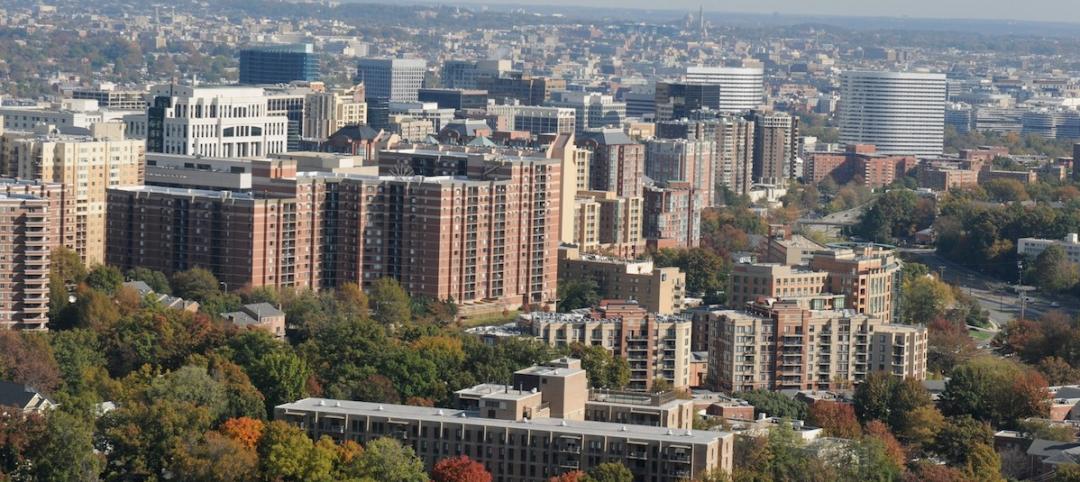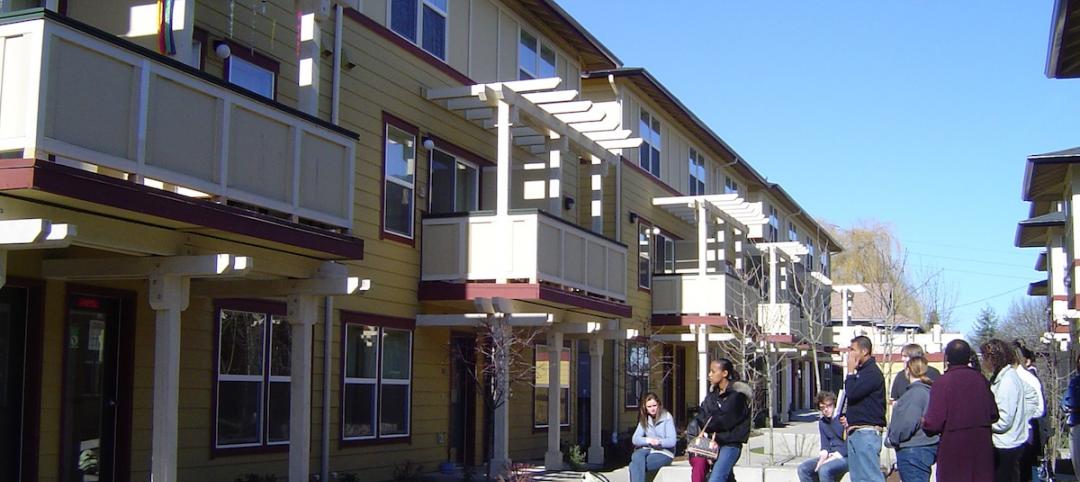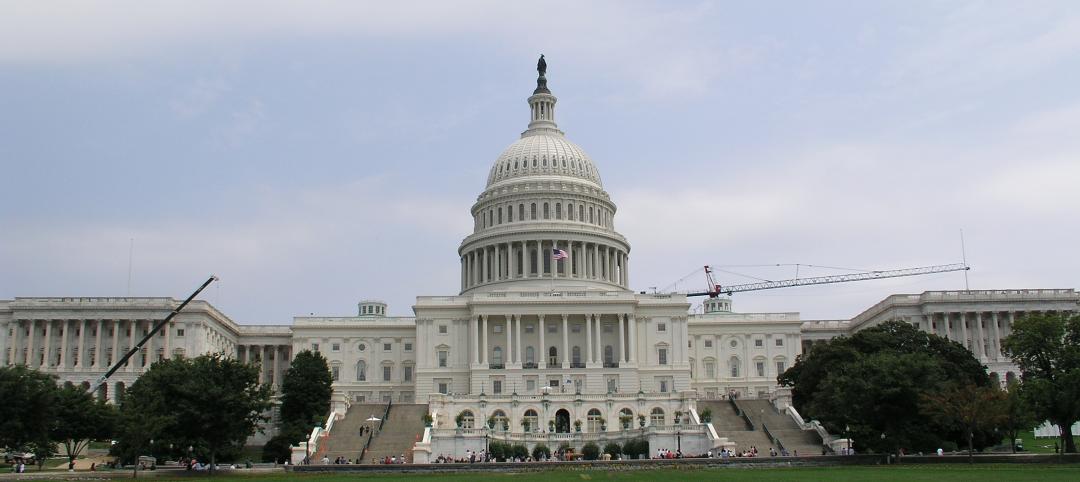A group of construction industry experts that met in Calgary, Alberta called for more disaster-resilient infrastructure, citing recent floods and wildfires in Alberta.
The province experienced two of the worst natural disasters in its history in recent years. In 2013, a flood ravaged southern Alberta, and fires struck the area around Fort McMurray earlier this year. Both events caused billions of dollars of damage.
Weak building codes are resulting in major losses, said Aris Papadopoulos, founder and chair of the Resilience Action Fund. Current codes rely on providing rapid escapes for people to exit buildings. Stronger codes that prevent buildings from being destroyed can be cost effective, according to Papadopoulos.
The renovation of the ground floor of the Enmax District Energy Centre in Calgary, which was damaged by flood waters, provided an example of beefed up disaster resilience. Two-inch thick glass and steel-reinforced mullions were installed on all low-level glass to prevent the force of any future flood water from breaching the building's exterior.
Related Stories
Green | Apr 16, 2015
New version of Building Energy Data Exchange Specification launched
BEDES is a dictionary that facilitates consistent exchange of building characteristics and energy use data between tools and databases in the building energy efficiency sector.
Codes and Standards | Apr 16, 2015
New York tops U.S. cities in walkability
Revitalization pushes Detroit and New Orleans up the rankings
Green | Apr 14, 2015
USGBC will recognize energy and water standards for the Living Building Challenge
This move means that projects achieving the energy and water requirements in Living Building Challenge will be considered as technically equivalent to LEED.
Codes and Standards | Apr 14, 2015
New York City preparing new codes for evacuation elevators
New York City’s Fire, Buildings, and City Planning Departments in New York are writing rules to govern occupant-evacuation elevators, reflecting a change in philosophy of how to evacuate people from skyscrapers in an emergency.
Codes and Standards | Apr 12, 2015
California imposes stringent new water standards
California is the first state to adopt standards that are more efficient than those set by EPA's WaterSense program.
Codes and Standards | Apr 12, 2015
Virginia surpasses Florida for strictest hurricane building codes
Virginia has edged out Florida as the state with the most stringent hurricane building codes, according to the Institute for Business and Home Safety’s “2015 Rating the States” report.
Multifamily Housing | Mar 16, 2015
New Jersey Supreme Court puts control of affordable housing agency in the courts
The court said the state’s affordable housing agency had failed to do its job, and effectively transferred the agency's regulatory authority to lower courts.
Codes and Standards | Mar 16, 2015
San Jose adopts bird-friendly building standard
The standard includes avoiding large chunks of transparent or reflective glass and adding fritting.
Codes and Standards | Mar 12, 2015
Energy Trust of Oregon offers financial incentives for net-zero buildings
The organization is offering technical assistance along with financial benefits.
Codes and Standards | Mar 10, 2015
Real estate interests push Congress for Census funding
The groups have joined forces to urge Congress to fully fund the 2020 Census and the annual American Community Survey in its 2016 budget.
















